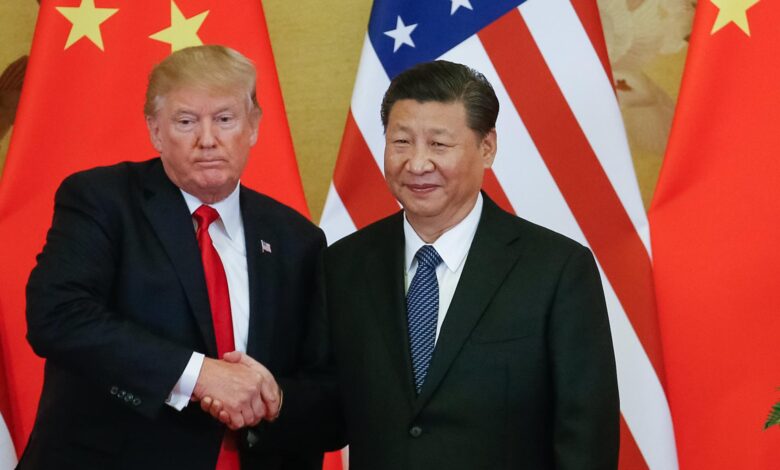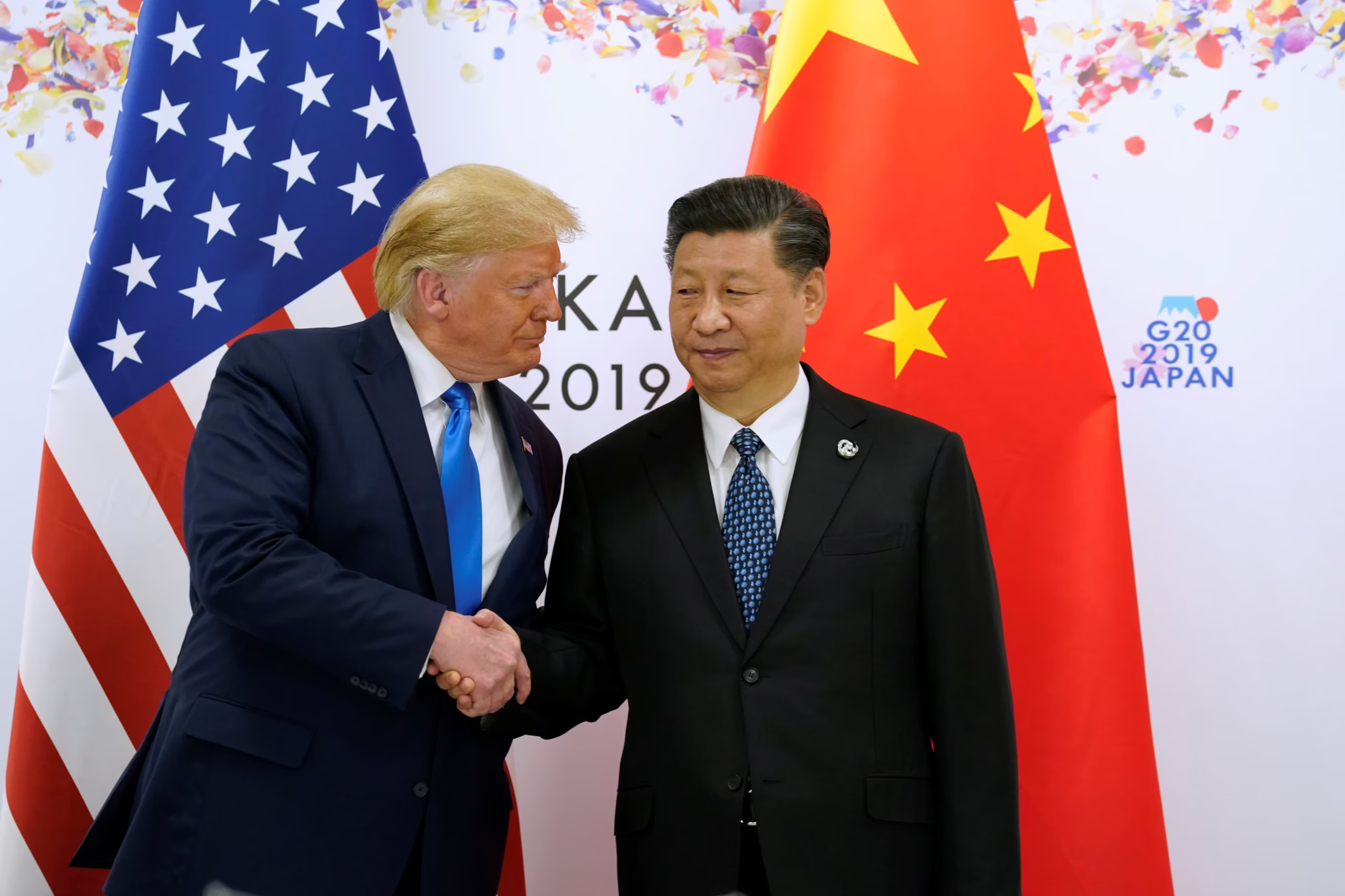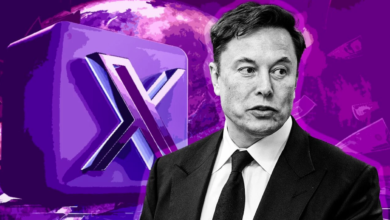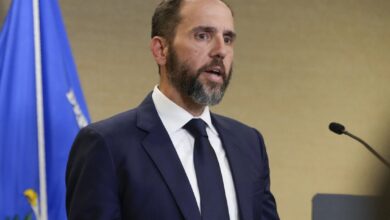Trump Extends Inauguration Invitation to Xi Jinping, Sparking Speculation
President-elect Donald Trump has extended an invitation to Chinese President Xi Jinping and other foreign leaders to attend his inauguration next month, a spokesperson from Trump’s transition team revealed on Thursday.

WASHINGTON (Reuters) – President-elect Donald Trump has extended an invitation to Chinese President Xi Jinping and other foreign leaders to attend his inauguration next month, a spokesperson from Trump’s transition team revealed on Thursday. However, experts believe it is highly unlikely that Xi will accept the invitation.
Karoline Leavitt, a Trump transition team spokesperson, confirmed in an interview with press that the invitation had been sent, adding that Xi’s response was still “to be determined.” Leavitt did not disclose the names of other invited foreign leaders but emphasized Trump’s approach to fostering dialogue with allies, adversaries, and competitors alike.
“This is an example of President Trump creating an open dialogue with leaders of countries that are not just our allies but our adversaries and competitors, too,” she said.
Despite the invitation, experts and analysts described Xi’s potential attendance as improbable. “This is diplomatic theater, nothing more. Other heads of state, let alone Xi Jinping, haven’t attended U.S. Presidential inaugurations,” said Scott Kennedy, a China specialist at the Center for Strategic and International Studies in Washington.
Trump’s outreach to Beijing has drawn attention, particularly in the context of strained U.S.-China relations. Speaking to press on Thursday from the New York Stock Exchange, Trump alluded to ongoing discussions with China. “We have a good relationship with China,” he said. “When COVID came in, I sort of cut it off. That was a step too far. But we’ve been talking and discussing with President Xi and other world leaders, and I think we’re going to do very well all around.”
The Kremlin confirmed on Thursday that it had not received an invitation to the January 20 inauguration. According to CBS News, which first reported the invitation to Xi, it was extended shortly after the November 5 presidential election. CBS also reported that Hungarian Prime Minister Viktor Orbán, a close ally of Trump, was “still considering” attending.
The Chinese embassy has yet to comment on the invitation.

Strained Relations Over Trade and Taiwan
Trump’s overture comes against a backdrop of significant tension in U.S.-China relations, particularly over trade and Taiwan. The President-elect has taken a hardline stance on China, promising additional tariffs on Chinese goods and criticizing Beijing over its handling of fentanyl trafficking. On the campaign trail, Trump proposed tariffs exceeding 60% on Chinese imports, a move that state media in China warned could trigger a damaging trade war.
Trump’s invitation also poses potential diplomatic challenges regarding Taiwan. Analysts, including Bonnie Glaser of the German Marshall Fund, believe Beijing might insist that Taiwan, which it considers a breakaway province, not be represented at the inauguration. Taiwan, which the U.S. does not officially recognize, has viewed Trump’s rhetoric with mixed emotions, oscillating between hope for stronger U.S. support and concern over his transactional approach to defense commitments.
In late November, Chinese state media conveyed warnings about Trump’s tariff threats, and Beijing’s ambassador to the U.S., Xie Feng, recently read a letter from Xi Jinping at a U.S.-China Business Council gala. In the letter, Xi emphasized the importance of dialogue and cooperation. “We should choose dialogue over confrontation and win-win cooperation over zero-sum games,” he wrote.
Meanwhile, two senior Taiwanese officials reportedly met with members of Trump’s transition team this week, underscoring the delicate balancing act that the incoming administration faces in its China policy.
As the inauguration approaches, the international community will closely watch how Trump’s overtures to Beijing and other world leaders shape early perceptions of his foreign policy.




